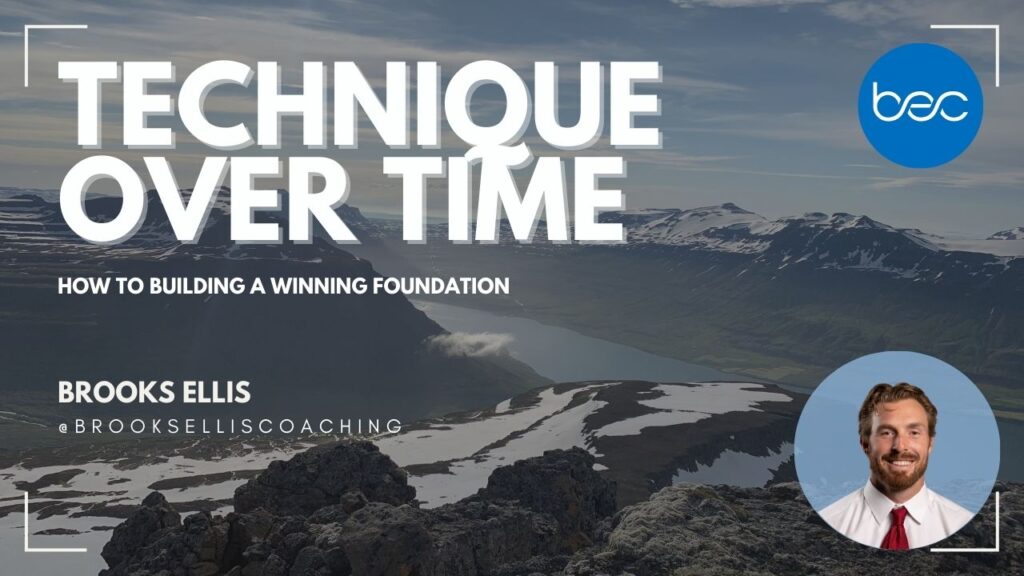There’s a lot going on for a student-athlete in college.
From day one on campus, you’re balancing a literal full-time job with a full-blown 16-hour student schedule. (At least it used to be this way. And we also weren’t being paid like they are now. I’m totally not salty about it.)
Here’s the typical day:
- Wake up at 530 am, rush to workouts, shower, go to class still sweating, try to stay awake, get a quick meal at the Jones Center, rush off to practice, study film for another 1-2 hours, get ready for practice, practice for 3 hours, eat a quick dinner, rush to study hall, go home, play EA Sports NHL 2014 for 10-45 minutes, and then go to bed.
On top of that, you’re invited to most parties, all of which look much more appealing than study hall, and even further, after a long week of studying and pushing your body to the limit, what’s a social event going to hurt you? You need space to let loose and have some fun.
In college, this was my life, but exaggerated.
Not only did I play football, but I started all four years.
Not only did I study, but I studied pre-medical classes.
Not only did I party, but I rushed a fraternity and never missed a weekend out with friends.
In the moment, I didn’t think this was a problem. I thought I could handle all of this, because I had always been able to. My grades were great, I kept starting, and I enjoyed the parties I went to.
Looking back, nothing was further from the truth. Because I spread myself so thin, I wasn’t as successful as I could’ve been in any of these areas.
Instead of comprehensively learning the pre-medical material in school and fully understanding the applications for my role as a football player, I allowed my mediocrity to creep in. Because I knew I could pass the test, I didn’t study to comprehend fully but just to get by. The information never had the chance to inculcate into my brain because I didn’t care to allow it.
During this time, I didn’t know how clouded my judgment and cognition affected my performance. Since I thought I was doing fine in every area, I didn’t think it was a problem to continue this way of operating.
Matthew Walker says in his book Why We Sleep, “We don’t know that we’re sleep deprived when we’re sleep deprived.”
While I thought everything was ok, there were clear signs that I wasn’t performing optimally, that I couldn’t recognize because I was distracted, sleep-deprived, and constantly chasing more.
In our culture today, busyness, distraction, and entertainment are seen as signs of happiness. We think that doing more is a sign of increased capability, and if we’re not doing more, we’re missing out on the potential that God has in store for us.
In college, there were clear signs that I wasn’t okay, such as not being able to speak up as a two-time captain on my team, riding emotional rollercoasters, craving high-caffeine drinks, digestive issues, brain fog, never fully growing into my ability on the field despite significant playing time, limited self-control, short-sightedness, and many more.
I worked hard, but I couldn’t see past the following week. I constantly tried to satisfy my immediate desires, not realizing that this immediate satisfaction prevented me from seeing the long-term, sustainable growth that God designed for me to have.
I valued being entertained and distracted rather than focusing on the bigger picture.
Because I was doing so much, my mind couldn’t keep up. Literally juggling numerous balls all at once prevented me from seeing the fruits of my labor in any of the specific areas.
I became great at juggling, but I was not great at any one ball I was throwing.
As a student-athlete, there will always be distractions, which our coaches never fail to inform us about. They told us to eliminate distractions and focus. Not realizing they were speaking directly to me, I continued my daily life, busy, busy, busy, distracted, distracted, distracted.
Yesterday, I went to Harvest Community Church, where Pastor Ben Wilson spoke about Luke 10:38. Mary and Martha are preparing a dinner party for Jesus and his disciples, and Mary decides to sit down to listen while Martha frantically rushes around to continue preparing this extravagant meal. Without going into too much detail, Jesus exclaims that Mary has known the important thing and that Martha has already done more than enough for the party.
Thinking I wasn’t doing enough, I constantly missed the most important thing. For me now, that’s my relationship with Jesus. At the time, that was my clarity of mind which I couldn’t see amidst the hustle and bustle
If I’m not in the proper mind-state to learn, to receive instruction, to build upon the lessons of yesterday, to approach my teammates with grace and courage, then am I ready for the day?
The most important thing is that you are prepared to do what needs to be done today. If you’re not in that state, getting into that state is the most important thing. Granted, sometimes, you have to do what you have to do. Life happens. But if we’re doing so much that we can’t allow that state to infiltrate our minds on a regular basis and provide peace and equanimity, giving us clarity and direction, then we haven’t sharpened our swords.
A famous Abraham Lincoln quote says, “Give me six hours to chop down a tree, and I will spend the first four sharpening the axe.”
Our axe is our ability to sit with Jesus and our awareness. It’s the clarity that comes with knowing that the things we do best must come from a place of clarity, not frantically scratching and clawing for success, thinking that doing more will bring us joy.
When we actively cultivate that state of mind, we’ll be more effective at whatever we do. We’ll also make better decisions and perform at a higher level both on and off the field. We’ll be able to let go of NEEDING stimulation to keep us happy and instead be able to enjoy stimulation when it comes, but seamlessly let go of it when it’s gone. We can let go of distractions and stay focused on what God has given us to do.
If you haven’t felt this state of peace, I strongly encourage you to give it a try. Do less. Spend time in a state of rest and actually doing nothing. Try to let go of doing more and instead refine your process so you can be more effective at you being you today.
As a coach, my job is to help athletes recognize for themselves where they need to improve. Whether it’s in their preparation, diet, training, or mindset, BEC provides everything an athlete needs to excel. No longer are the days in which pushing an athlete past their limit and ridiculing them for not being able to handle the training is sufficient.
Coaching provides the foundation for growth and allows the kids to grow as much as they decide to buy in.
If you’re not getting the coaching you expect or deserve or can’t seem to find the success you’ve been hoping for, then BEC is exactly where you need to be.
Let me walk you through how we can help you in a free consultation to point you in the right direction and help you become all you are destined to be.
The sky is the limit for EVERY athlete. BEC provides the blueprint. You do the work. See how great you can become through proper coaching.






